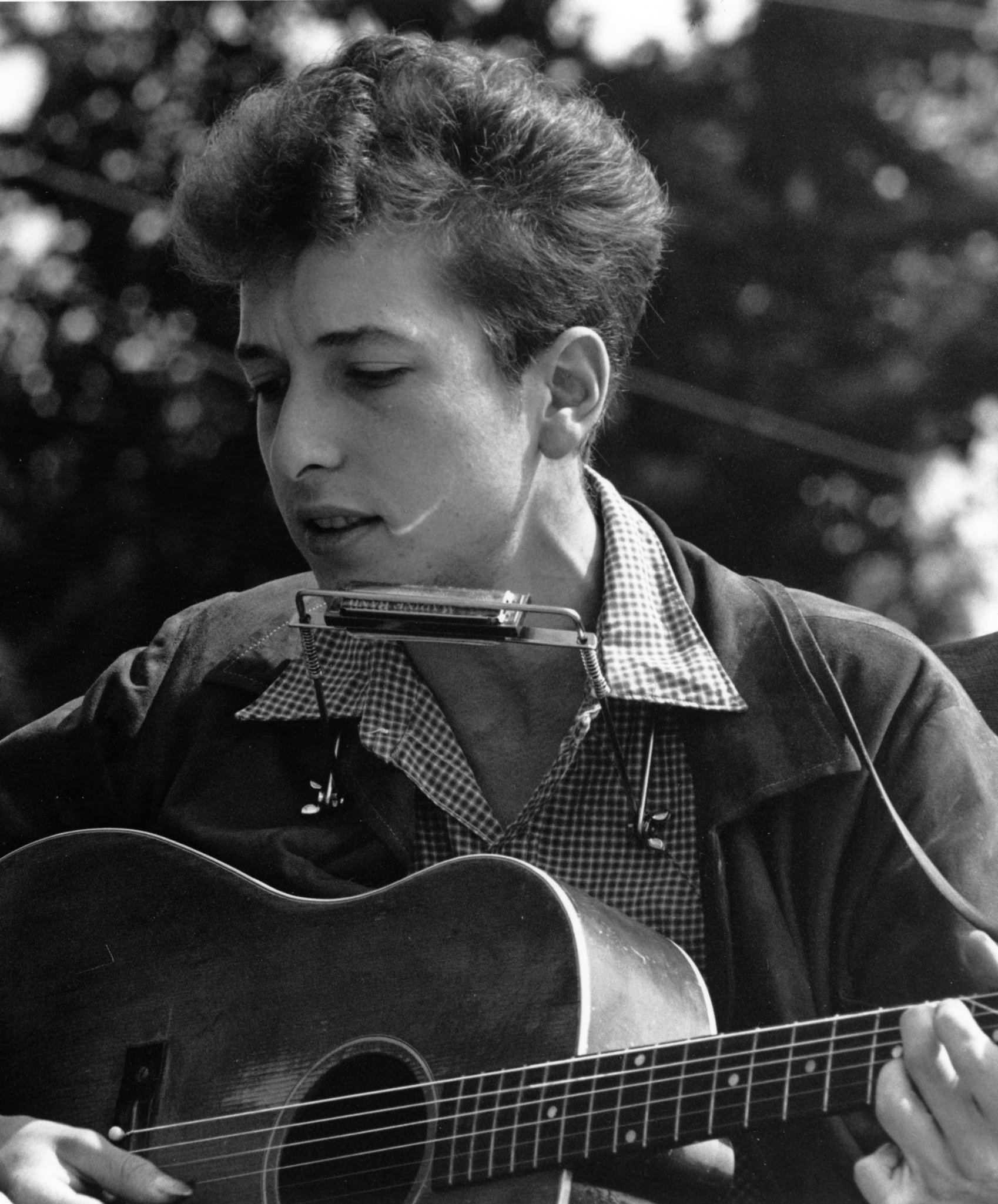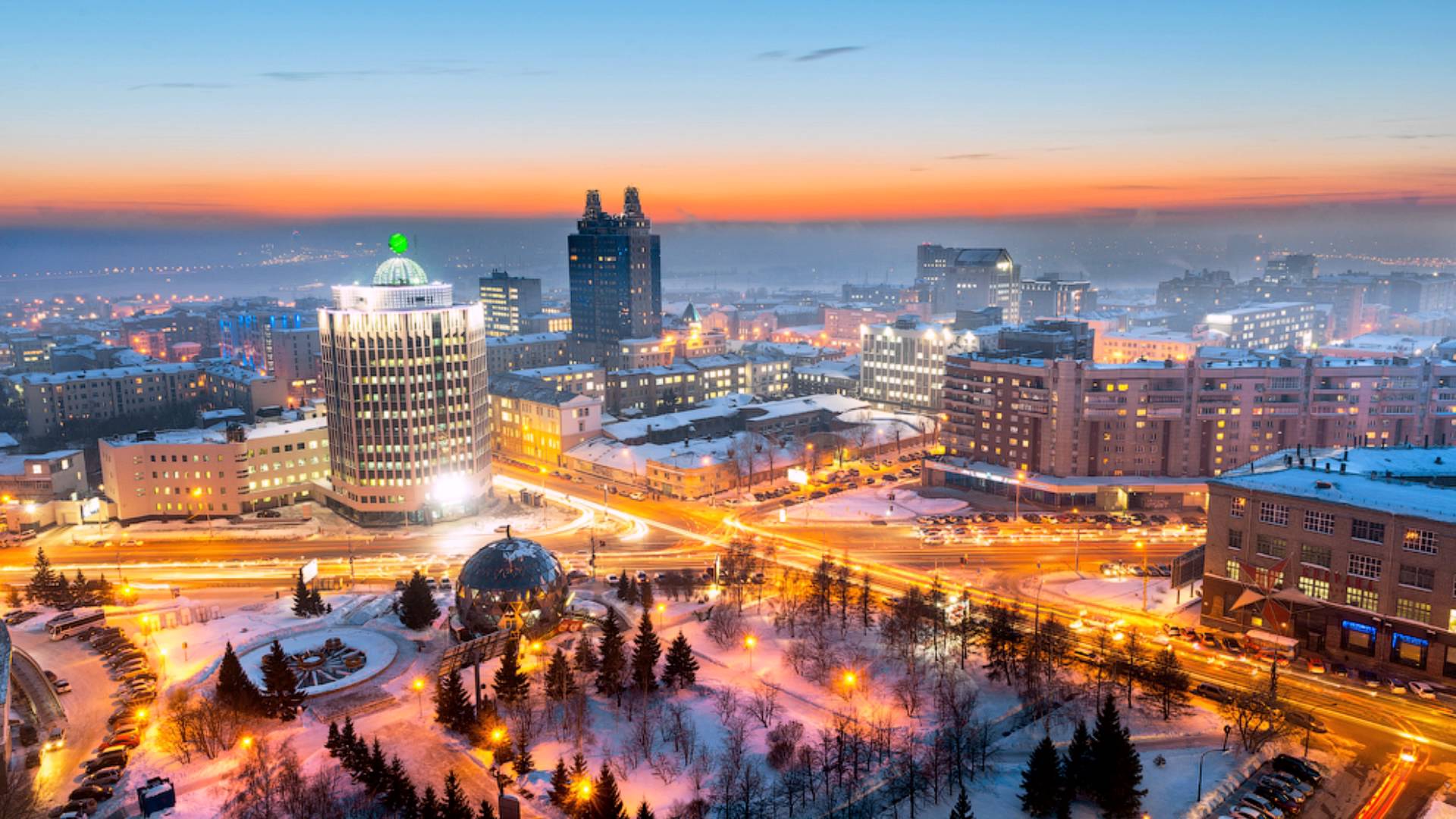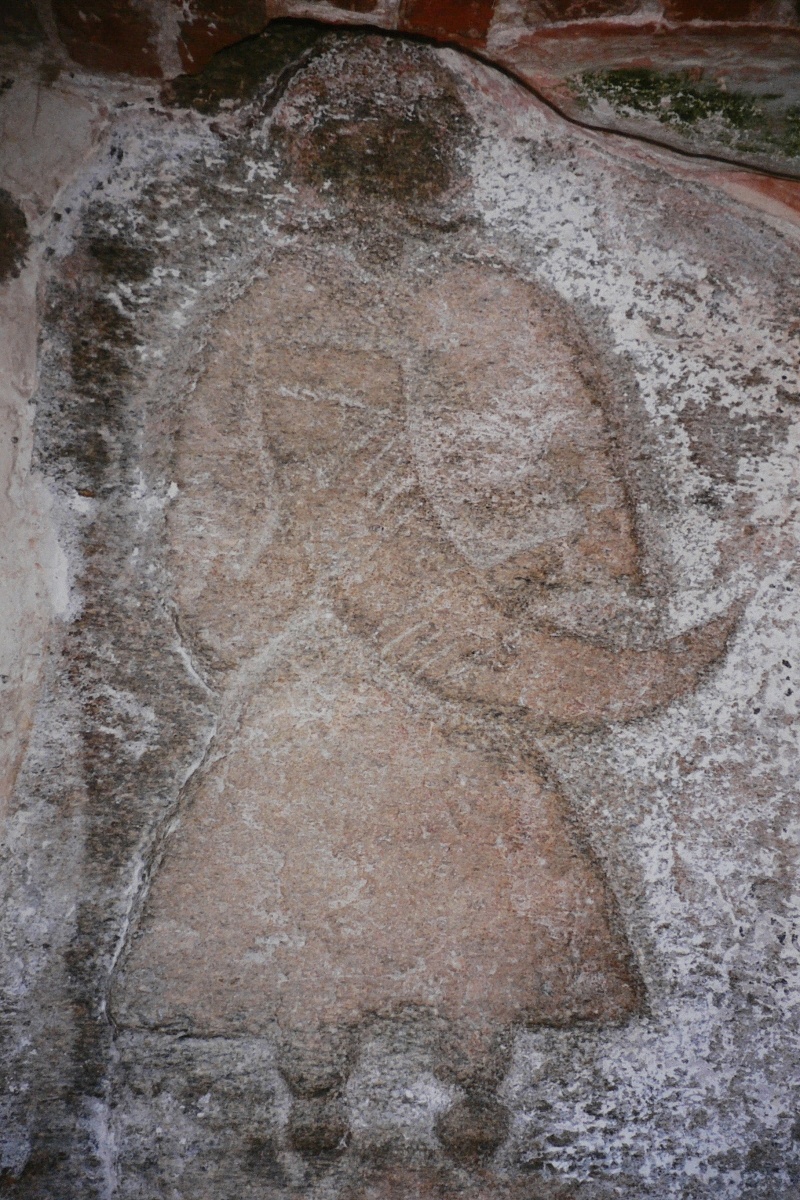|
Kalinov Most
Kalinov Most (Калинов мост, "guelder-rose bridge") is a Russian folk rock band, one of the most popular bands in Russia. The band was formed in 1984 by vocalist and songwriter Dmitry Revyakin in Novosibirsk, Siberia, USSR. They are widely considered to be the first Russian folk rock band. Their music and lyrics are deeply influenced by Russian folk music and Slavic mythology. The name "Kalinov Most" itself refers to a bridge between the world of the living and the world of the dead in Russian heroic tales and legends. Since frontman Dmitry Revyakin became a born again Christian in 2000, emphasis shifted from Paganism Paganism (from classical Latin ''pāgānus'' "rural", "rustic", later "civilian") is a term first used in the fourth century by early Christianity, early Christians for people in the Roman Empire who practiced polytheism, or ethnic religions ot ... to Christian themes. Kalinov Most prefers to play their own compositions rather than original folk son ... [...More Info...] [...Related Items...] OR: [Wikipedia] [Google] [Baidu] |
USSR
The Soviet Union,. officially the Union of Soviet Socialist Republics. (USSR),. was a transcontinental country that spanned much of Eurasia from 1922 to 1991. A flagship communist state, it was nominally a federal union of fifteen national republics; in practice, both its government and its economy were highly centralized until its final years. It was a one-party state governed by the Communist Party of the Soviet Union, with the city of Moscow serving as its capital as well as that of its largest and most populous republic: the Russian SFSR. Other major cities included Leningrad (Russian SFSR), Kiev ( Ukrainian SSR), Minsk ( Byelorussian SSR), Tashkent (Uzbek SSR), Alma-Ata (Kazakh SSR), and Novosibirsk (Russian SFSR). It was the largest country in the world, covering over and spanning eleven time zones. The country's roots lay in the October Revolution of 1917, when the Bolsheviks, under the leadership of Vladimir Lenin, overthrew the Russian Provisional Gove ... [...More Info...] [...Related Items...] OR: [Wikipedia] [Google] [Baidu] |
Russia
Russia (, , ), or the Russian Federation, is a List of transcontinental countries, transcontinental country spanning Eastern Europe and North Asia, Northern Asia. It is the List of countries and dependencies by area, largest country in the world, with its internationally recognised territory covering , and encompassing one-eighth of Earth's inhabitable landmass. Russia extends across Time in Russia, eleven time zones and shares Borders of Russia, land boundaries with fourteen countries, more than List of countries and territories by land borders, any other country but China. It is the List of countries and dependencies by population, world's ninth-most populous country and List of European countries by population, Europe's most populous country, with a population of 146 million people. The country's capital and List of cities and towns in Russia by population, largest city is Moscow, the List of European cities by population within city limits, largest city entirely within E ... [...More Info...] [...Related Items...] OR: [Wikipedia] [Google] [Baidu] |
Rock (music)
Rock music is a broad genre of popular music that originated as "rock and roll" in the United States in the late 1940s and early 1950s, developing into a range of different styles in the mid-1960s and later, particularly in the United States and United Kingdom.W. E. Studwell and D. F. Lonergan, ''The Classic Rock and Roll Reader: Rock Music from its Beginnings to the mid-1970s'' (Abingdon: Routledge, 1999), p.xi It has its roots in 1940s and 1950s rock and roll, a style that drew directly from the blues and rhythm and blues genres of African-American music and from country music. Rock also drew strongly from a number of other genres such as electric blues and folk, and incorporated influences from jazz, classical, and other musical styles. For instrumentation, rock has centered on the electric guitar, usually as part of a rock group with electric bass guitar, drums, and one or more singers. Usually, rock is song-based music with a time signature using a verse–chorus form, but ... [...More Info...] [...Related Items...] OR: [Wikipedia] [Google] [Baidu] |
Folk Rock
Folk rock is a hybrid music genre that combines the elements of folk and rock music, which arose in the United States, Canada, and the United Kingdom in the mid-1960s. In the U.S., folk rock emerged from the folk music revival. Performers such as Bob Dylan and the Byrds—several of whose members had earlier played in folk ensembles—attempted to blend the sounds of rock with their pre-existing folk repertoire, adopting the use of electric instrumentation and drums in a way previously discouraged in the U.S. folk community. The term "folk rock" was initially used in the U.S. music press in June 1965 to describe the Byrds' music. The commercial success of the Byrds' cover version of Dylan's "Mr. Tambourine Man" and their debut album of the same name, along with Dylan's own recordings with rock instrumentation—on the albums ''Bringing It All Back Home'' (1965), ''Highway 61 Revisited'' (1965), and '' Blonde on Blonde'' (1966)—encouraged other folk acts, such as Simon & Ga ... [...More Info...] [...Related Items...] OR: [Wikipedia] [Google] [Baidu] |
Christian Rock
Christian rock is a form of rock music that features lyrics focusing on matters of Christian faith, often with an emphasis on Jesus, typically performed by self-proclaimed Christian individuals. The extent to which their lyrics are explicitly Christian varies between bands. Many bands who perform Christian rock have ties to the contemporary Christian music labels, media outlets, and festivals, while other bands are independent. History Christian response to early rock music (1950s–1960s) Most traditional and fundamentalist Christians did not view rock music favorably when it became popular with young people from the 1950s, even though country and gospel music often influenced early rock music. In 1952 Archibald Davison, a Harvard professor, summed up the sound of traditional Christian music and why its supporters might not like rock music when he wrote of "... a rhythm that avoids strong pulses; a melody whose physiognomy is neither so characteristic nor so engaging as to make ... [...More Info...] [...Related Items...] OR: [Wikipedia] [Google] [Baidu] |
Folk Rock
Folk rock is a hybrid music genre that combines the elements of folk and rock music, which arose in the United States, Canada, and the United Kingdom in the mid-1960s. In the U.S., folk rock emerged from the folk music revival. Performers such as Bob Dylan and the Byrds—several of whose members had earlier played in folk ensembles—attempted to blend the sounds of rock with their pre-existing folk repertoire, adopting the use of electric instrumentation and drums in a way previously discouraged in the U.S. folk community. The term "folk rock" was initially used in the U.S. music press in June 1965 to describe the Byrds' music. The commercial success of the Byrds' cover version of Dylan's "Mr. Tambourine Man" and their debut album of the same name, along with Dylan's own recordings with rock instrumentation—on the albums ''Bringing It All Back Home'' (1965), ''Highway 61 Revisited'' (1965), and '' Blonde on Blonde'' (1966)—encouraged other folk acts, such as Simon & Ga ... [...More Info...] [...Related Items...] OR: [Wikipedia] [Google] [Baidu] |
Novosibirsk
Novosibirsk (, also ; rus, Новосиби́рск, p=nəvəsʲɪˈbʲirsk, a=ru-Новосибирск.ogg) is the largest city and administrative centre of Novosibirsk Oblast and Siberian Federal District in Russia. As of the Russian Census (2021), 2021 Census, it had a population of 1,633,595, making it the most populous city in Siberia and the list of cities and towns in Russia by population, third-most populous city in Russia. The city is located in southwestern Siberia, on the banks of the Ob River. Novosibirsk was founded in 1893 on the Ob River crossing point of the future Trans-Siberian Railway, where the Novosibirsk Rail Bridge was constructed. Originally named Novonikolayevsk ("New Nicholas") in honor of Emperor Nicholas II, the city rapidly grew into a major transport, commercial, and industrial hub. Novosibirsk was ravaged by the Russian Civil War but recovered during the early Soviet Union, Soviet period and gained its present name, Novosibirsk ("New Siberia"), i ... [...More Info...] [...Related Items...] OR: [Wikipedia] [Google] [Baidu] |
Siberia
Siberia ( ; rus, Сибирь, r=Sibir', p=sʲɪˈbʲirʲ, a=Ru-Сибирь.ogg) is an extensive geographical region, constituting all of North Asia, from the Ural Mountains in the west to the Pacific Ocean in the east. It has been a part of Russia since the latter half of the 16th century, after the Russians conquered lands east of the Ural Mountains. Siberia is vast and sparsely populated, covering an area of over , but home to merely one-fifth of Russia's population. Novosibirsk, Krasnoyarsk and Omsk are the largest cities in the region. Because Siberia is a geographic and historic region and not a political entity, there is no single precise definition of its territorial borders. Traditionally, Siberia extends eastwards from the Ural Mountains to the Pacific Ocean, and includes most of the drainage basin of the Arctic Ocean. The river Yenisey divides Siberia into two parts, Western and Eastern. Siberia stretches southwards from the Arctic Ocean to the hills of north-ce ... [...More Info...] [...Related Items...] OR: [Wikipedia] [Google] [Baidu] |
Ethnic Russian Music
Russian folk music specifically deals with the folk music traditions of the ethnic Russian people. Ethnic styles in the modern era The performance and promulgation of ethnic music in Russia has a long tradition. Initially it was intertwined with various forms of art music, however, in the late 19th century it began to take on a life of its own with the rise in popularity of folkloric ensembles, such as the folk choir movement led by Mitrofan Pyatnitsky and the Russian folk instrument movement pioneered by Vasily Andreyev. In Soviet Russia, folk music was categorized as being democratic (of the people) or proletarian (of the working class) as opposed to art music, which was often regarded as being bourgeois. After the revolution, along with proletarian "mass music" (music for the proletarian masses) it received significant support from the state. In Post World War II Russia, proletarian mass music however lost its appeal, whereas folkloric music continued to have a widespread suppo ... [...More Info...] [...Related Items...] OR: [Wikipedia] [Google] [Baidu] |
Slavic Mythology
Slavic mythology or Slavic religion is the religious beliefs, myths, and ritual practices of the Slavs before Christianisation, which occurred at various stages between the 8th and the 13th century. The South Slavs, who likely settled in the Balkan Peninsula during the 6th–7th centuries AD, bordering with the Byzantine Empire to the south, came under the sphere of influence of Eastern Christianity, beginning with the creation of writing systems for Slavic languages (first Glagolitic, and then Cyrillic script) in 855 by the brothers Saints Cyril and Methodius and the adoption of Christianity in Bulgaria in 863. The East Slavs followed with the official adoption in 988 by Vladimir the Great of Kievan Rus'. The West Slavs' process of Christianization was more gradual and complicated. The Moravians accepted Christianity as early as 831, the Bohemian dukes followed in 845, Slovaks accepted Christianity somewhere between the years 828 and 863, but the Poles accepted it much later ... [...More Info...] [...Related Items...] OR: [Wikipedia] [Google] [Baidu] |
Born Again Christian
Born again, or to experience the new birth, is a phrase, particularly in evangelicalism, that refers to a "spiritual rebirth", or a regeneration of the human spirit. In contrast to one's physical birth, being "born again" is distinctly and separately caused by baptism in the Holy Spirit, it is not caused by baptism in water. It is a core doctrine of the denominations of the Anabaptist, Moravian, Methodist, Quaker, Baptist, Plymouth Brethren and Pentecostal Churches along with all other evangelical Christian denominations. All of these Churches strongly believe Jesus's words in the Gospels: "You must be born again before you can see, or enter, the Kingdom of Heaven." Their doctrines also mandate that to be both "born again" and "saved", one must have a personal and intimate relationship with Jesus Christ. The term ''born again'' has its origin in the New Testament. In his first epistle, Apostle Peter describes the new birth as taking place from the seed which is the Word of God ... [...More Info...] [...Related Items...] OR: [Wikipedia] [Google] [Baidu] |








